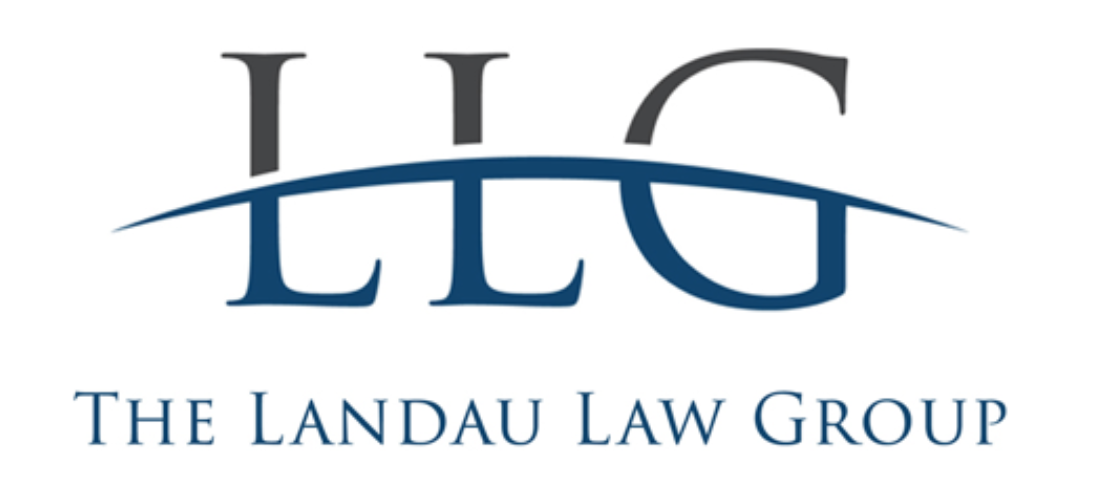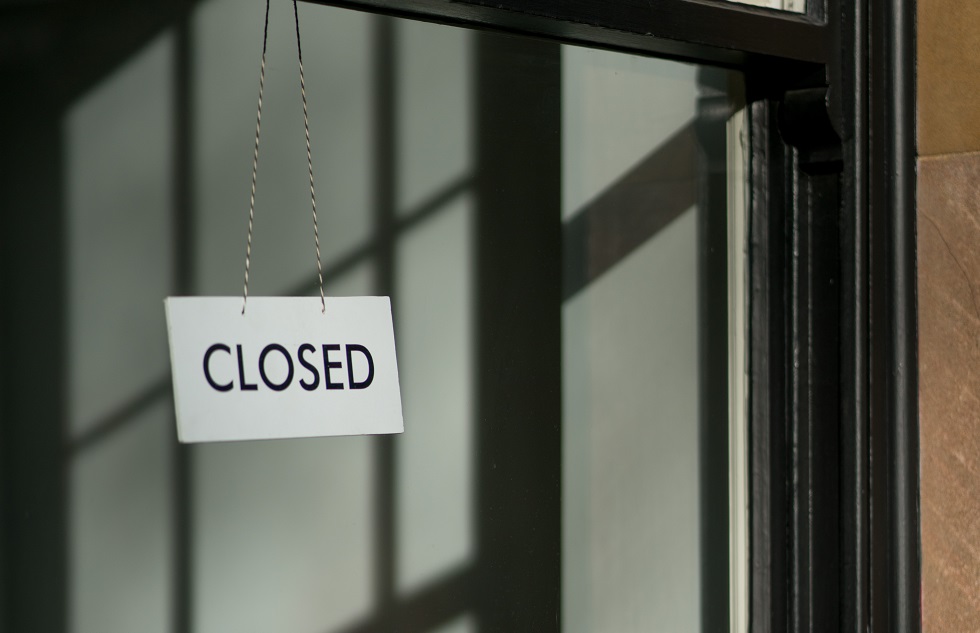In 2022, Hurricane Ian made headlines for being one of Florida’s strongest and costliest storms ever.
Recent estimates suggest that Ian caused an unbelievable $50 billion to $65 billion in insured damages after hitting land. This number has only been exceeded once in U.S. history, after Hurricane Katrina’s landfall.
If your business is located in one of the areas where Hurricane Ian struck, then there’s a great chance that you suffered interruptions when it came to operating and running your business. Depending on whether your property was directly hit, you might still be dealing with the financial aftershock.
One thing you can do to help you recover from your financial losses is research whether any of your insurance policies provide coverage for your situation. If you had previously purchased business interruption insurance, then there’s a good chance you can seek coverage. Learn more about how to get started on your claim, what should get covered, and what to do if you get denied below.
How to Get Started on Your Business Interruption Claim
If you had an insurance policy prior to the hurricane, then your first step should be to read your policy in-depth. Make sure to read through your policy to see what type of coverage you’re paying for and take note of any requirements when it comes to filling a claim, too. For instance, if your claim states that you must provide timely notice and it’s already been too long, then you know you can’t seek out coverage.
Once you’ve read through the details, you can pursue a claim by contacting your provider and filing out the proper paperwork.
Types of Losses Covered by Hurricane Ian Business Interruption Policies
Before you take steps to file a claim, you’ll want to determine whether it’s worth your time and effort. In order to do that, you’ll want to know what types of losses are covered by your policy and the extent of the losses you endured. Here are a few types of damages that are usually covered by these types of policies:
- Expenses related to relocating while Hurricane Ian damages are cleaned up
- Any fixed expenses during the interruption including employee pay and utilities
- Lost income based on your forecasted profits
- Ongoing tax obligations
- Business expenses incurred during the interruption
- Lost rental income
- Business loan payments
Did you sustain some of these types of losses? If so, then it makes sense to start collecting evidence that proves these losses. While doing this, you can also start to add up these losses to get a good idea of what your claim would be worth.
What to Do if Your Hurricane Ian Claim Gets Denied
When you do file a claim after paying into a policy, you expect to be treated fairly. Unfortunately, that’s not always the case when it comes to insurance providers. At the end of the day, insurance providers are a business, and they have an incentive to pay out as little as possible. With that in mind, it might take a little pressure to get your insurance provider to do the right thing.
To level the playing field if you get pushback from your provider, it might make sense to consult with an attorney about your situation. Having a good attorney by your side will help gently remind your insurance provider to uphold their legal duty to treat your claim in good faith. An attorney can also help you navigate any denials or negotiations with your provider.
Common Reasons for a Denial
Sometimes, you won’t need to hire an attorney to correct a denial. That’s because the most common causes for a denial include errors on your claim paperwork and insufficient evidence on your claim. You can easily correct both of these denials by amending your paperwork or collecting and providing the extra documentation your provider is requesting.
At other times, however, the reason for your denial might be more complicated. Your provider might attempt to claim that your losses aren’t covered. They might also try to argue that you missed a few payments, so your policy lapsed. Another common claim is that you delayed in filing your claim, so now, you’re not eligible for compensation. If you get any of these excuses, then it’s best to talk to a lawyer on how to move forward.
Do You Have More Questions About Your Claim?
If you have a Florida business interruption insurance policy, then that’s not a guarantee that you’ll be able to seek coverage after Hurricane Ian. Having this policy does strengthen the possibility, however, especially if you’re able to collect enough evidence to prove your losses.
Are you currently hoping to secure financial recourse through your insurance policy after Hurricane Ian? Did you recently receive a denial letter? Do you have more questions about your claim?
If so, then it might be in your best interests to reach out to Landau Law about your claim. Our Florida property damage lawyers can help you navigate the complexities of your claim. Schedule a consultation with our office now to learn more about how we can help.
Florida Property Damage Lawyers
Hurricane Damage Blog Posts
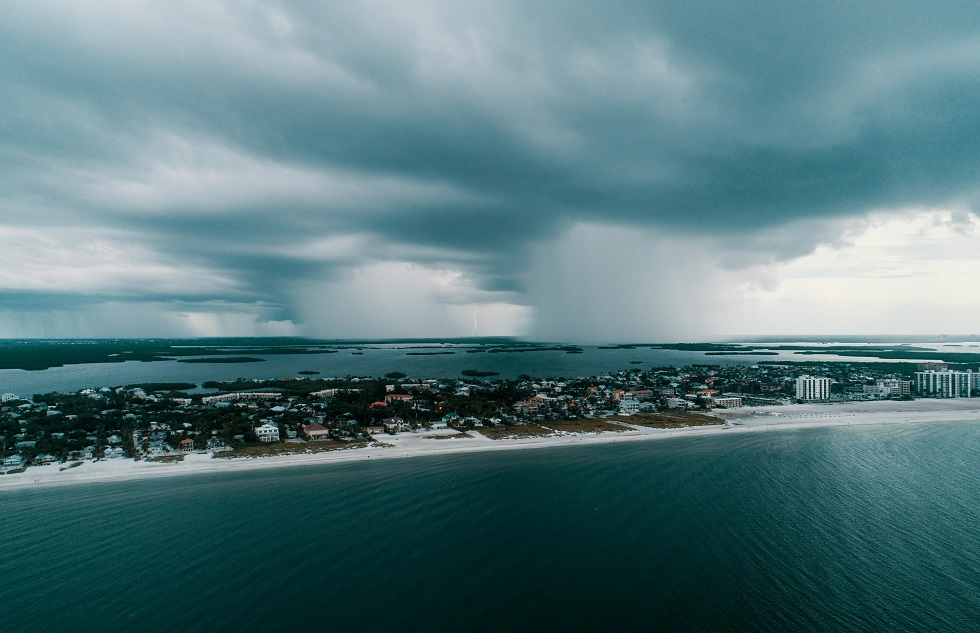
Why Does Florida Have So Many Hurricanes?
Florida is renowned for its beautiful beaches, vibrant culture, and, unfortunately, its frequent encounters with hurricanes. The state's unique geographical location and climate conditions make it particularly vulnerable to these powerful storms. Florida's position on...
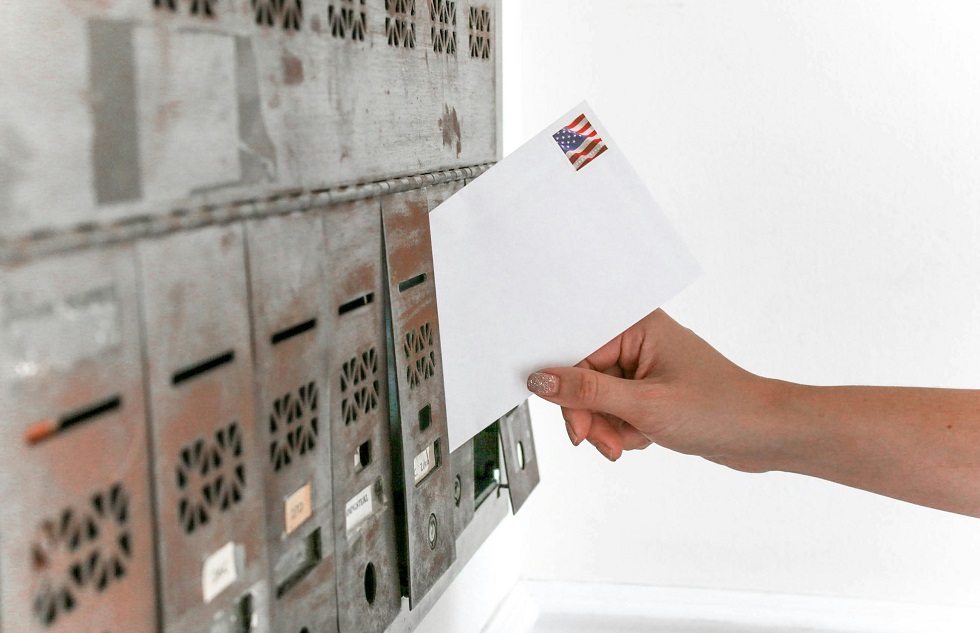
What To Do If You’re Denied Hurricane Damage Claim For Home
Hurricane damage can be devastating for Florida homeowners, leaving them in a state of distress and financial uncertainty. When insurance claims for such damage are denied, it adds another layer of stress to an already difficult situation. Facing a denied claim...

Common Reasons Your Florida Hurricane Damage Insurance Claim May Be Denied
Florida homeowners face a daunting challenge when their hurricane damage insurance claims are denied. Understanding the common reasons for these denials can help you navigate the claims process more effectively. Insurance companies may deny claims due to inadequate...
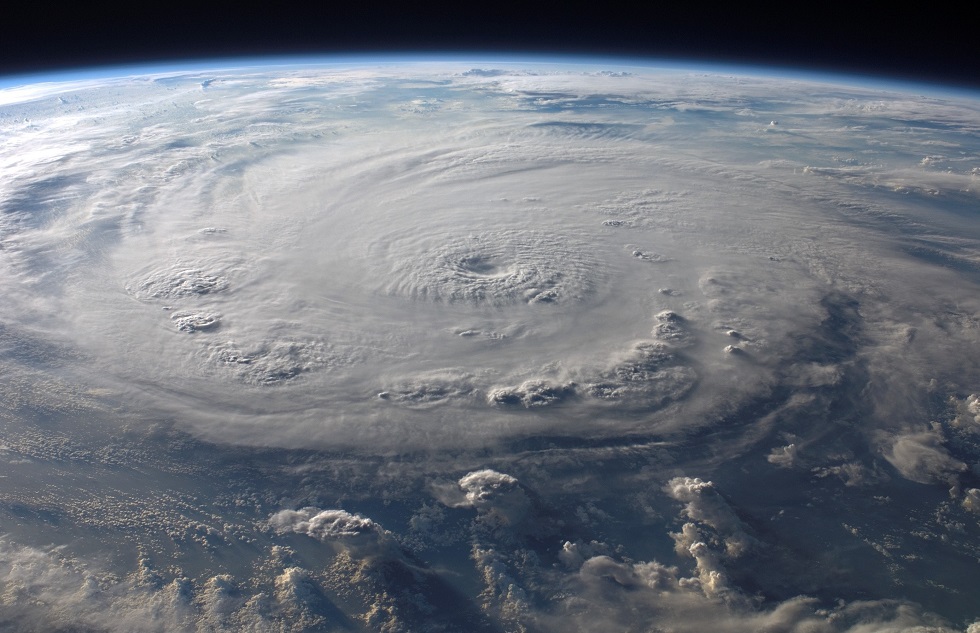
Before and After a Storm Hits: What You Need To Know
Property Insurance laws have changed and so has the language in most policies. Make sure you’re prepared before the next storm hits. Understanding how the law changes will impact you and knowing what your policy actually covers (and doesn’t) is critical. That’s why...
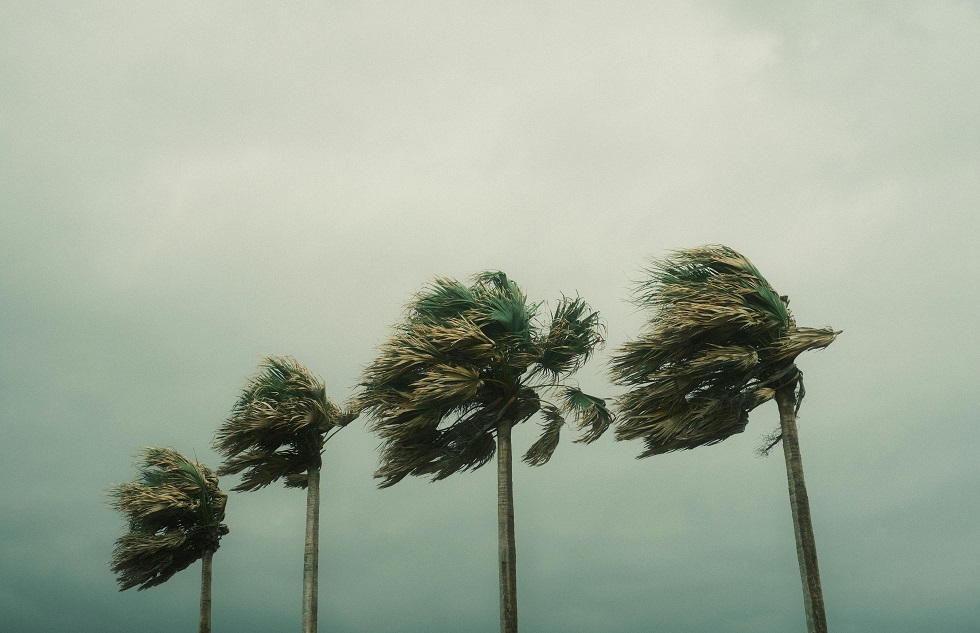
What Does Hurricane Insurance Cover in Florida?
As Floridians, we understand the unique challenges that come with living in a hurricane-prone area. Hurricane insurance in Florida typically covers damage to our homes and personal property caused by hurricanes, including wind damage and, in some cases, flooding. It's...

How Long Does an Insurance Company Have to Settle a Hurricane Claim in Florida?
When it comes to hurricane damage in Florida, insurance claims are a common occurrence. However, many people are left wondering how long it takes for an insurance company to settle a hurricane claim. The answer to this question is not always straightforward, as it can...
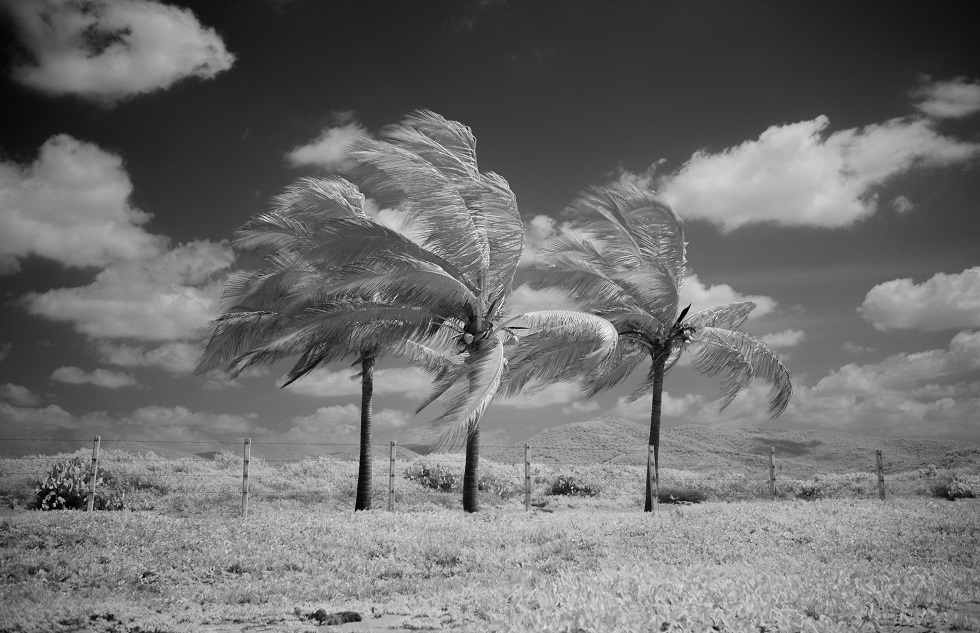
How to File a Hurricane Insurance Claim in Florida
Filing an insurance claim after a hurricane can be a daunting task, especially if you're a Florida resident. With the increasing frequency of hurricanes in Florida, homeowners need to know how to file a hurricane insurance claim effectively. In this blog post, we will...

Renters Insurance For Florida Hurricane Coverage
Learn about the ways that renters insurance can help protect you after hurricane damage Renters insurance is a type of insurance policy that covers the personal property and liability of a renter. It can provide peace of mind in the event of a disaster, such as a...



